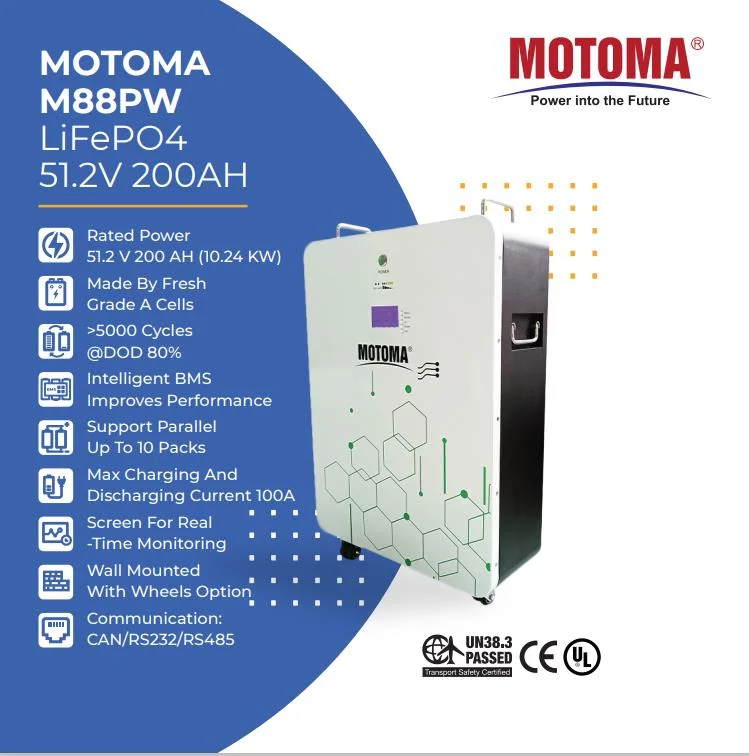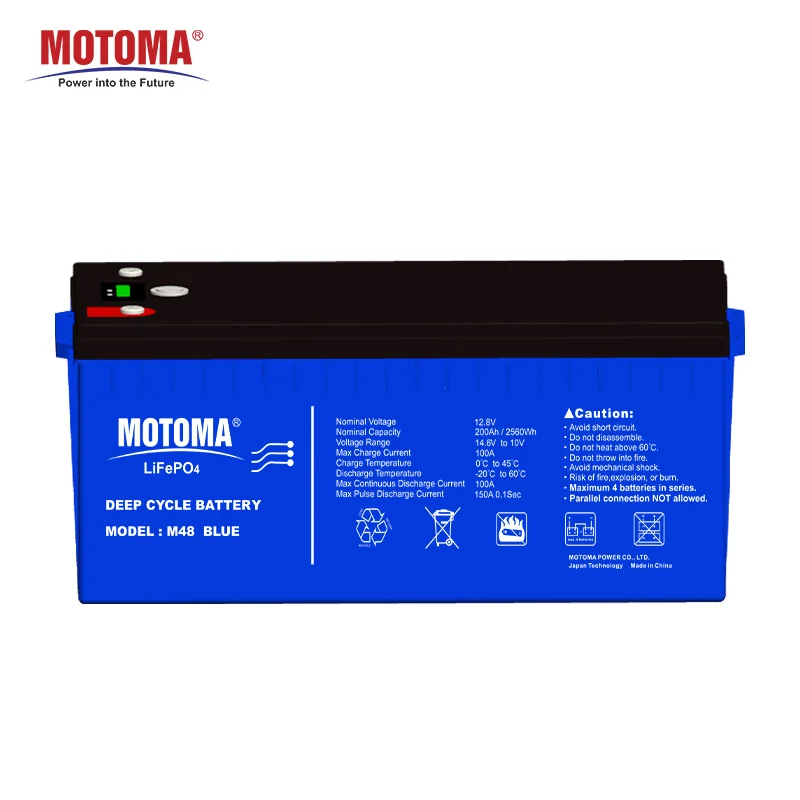
A battery makes an integral part of your vehicle. You can expect it to serve you with a battery. However, the batteries die once they hit a certain age, but if they face failures before the stipulated time limit, it needs some sort of analysis. There are a number of factors affecting the quality of your battery. They include aging, lack of preventive care, as well as environmental factors.
A battery failure is considered when you do not get enough charge to restart your vehicle over night or after some time. However, it is rare for a battery to fail during a drive as most of the time, it is an electrical failure.
As it is already stated that a battery attains its age after a specific period, it could be three to five years. In this period, a car battery goes dead and if the battery is relatively. young, there could be other reasons behind a battery failure. However, it is always worthwhile to understand the reasoning behind a dead battery so that you can take suitable action on time. Let’s have a look over the issues that can make your car’s battery dead.
Is A Parasitic Drain Making Your Car’s Battery Dead?

Your car’s battery may go dead continuously as it tries to provide enough current to start your car. It might seem quite complicated, but there is always a drain on the system. That remains active even after you pull the keys out and close the door.
However, you can identify the root cause by disconnecting the battery connection after your vehicle is parked for the night. Simply put, if the battery stays charged in the morning, it is definitely a parasitic drain.
Some parasitic drains include the lighting at glove compartment, and any other part of your vehicle.However, these lights tend to shut off automatically, but they may fail due to some malfunction that can seduce your battery’s charge over time.
Besides, you can opt for battery scanning and diagnostic services by an expert at Service My Car to avoid the staring headache every morning.
Improper Driving Habits Are Hazardous To Your Battery’s Health

A battery is made of plates to store the charge for some time so that it can provide the current as per demand. However, if a car’s battery does not receive enough charge, it is considered undercharged.
But, a frequent event of undercharging might get your battery into trouble as it causes sulphating. The sulphating usually hampers the performance and life of the battery.
Besides, the battery relies on repeated charging, but it always produces a loss of charge holding capacity of the plates. However, it generally happens when there is a constant cycle of deep discharge and full charging.
These things are quite avoidable by learning proper habits. A preventive approach can be beneficial to give your vehicle’s battery a long and sustainable life.
Negligence May Hamper a Battery’s Performance

Corrosion is a basic problem with your vehicle’s battery. However, you cannot avoid the appearance of corrosion at the terminals of a battery. But, you can clean the same so that the battery may get charged fully.
However, more than half of battery failures have an underlying cause of loss of water. A loss of water may happen due to evaporation due to the high temperature under the hood. Overcharging also results when there is negligence of such a situation.
Your car’s batteries require proper maintenance even if you are not using them. A lack of care may trigger a number of causes that can hamper the battery.
Adverse Weather Conditions Are Not Good For a Battery’s Health

Adverse weather conditions, especially those hot periods, are not very good for your car’s battery health. On the other hand, external cold conditions also take a toll on the battery’s health. However, it is impossible to avoid the environmental conditions, but what you can do, is take good care of your battery.
Though external conditions can lead to higher battery consumption, having a battery service every two or three years is still good for keeping your vehicle’s performance at its best.
A Defective Electrical System Might Be a Reason for the Sudden Battery Failure

The probability of battery failure is higher if anything with the electric system goes unwell. It could be a battery alternator failure or any blown fuse that restricts the battery charging. However, this is not quite as worrisome if the battery dies when your vehicle is parked.
If your battery dies during a drive, you find yourself in these troublesome circumstances. A battery failure on the road might cause unwanted incidents as the battery powers a number of critical components.
Although a premature battery dying does not sound good, it is something that you have to take care of. You can avoid corrosion by tightening the connection. Besides, a parasitic drain is a smple issue with a simple fix if you bring your vehicle to a trusted facility such as Service My Car.
You can also preserve your vehicle’s battery health by adopting good habits and keeping an eye on battery charging and discharging. However, a better option is to opt for a battery test to learn about the actual condition so that you can g for car battery replacement during car maintenance.
Service My Car offers you a one-stop solution for your battery and car’s needs. At Service My Car, you can avail car repair services without any hassle. You can try to book a car service online or make a request a quote on our website.
Take advantage of the best car repair in dubai with Service My Car. If you own a maserati and need any type of maserati service or repair, Service My Car provides you free pickup and delivery plus full car servicing at the nearest maserati repair center.





